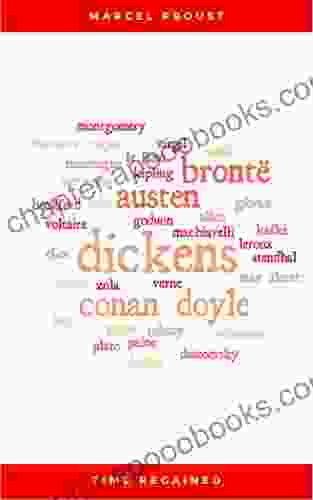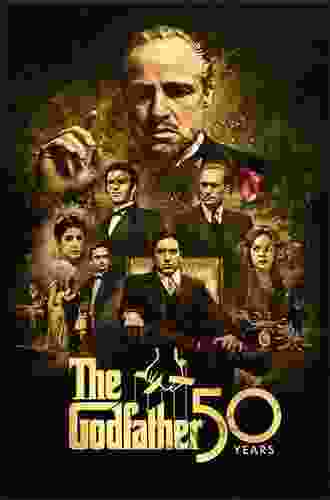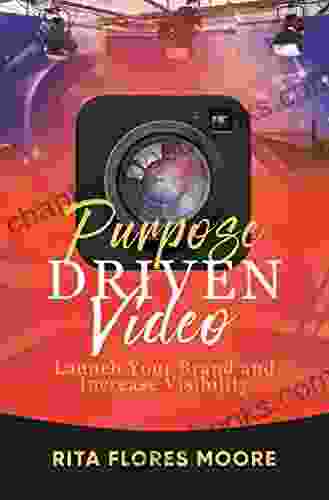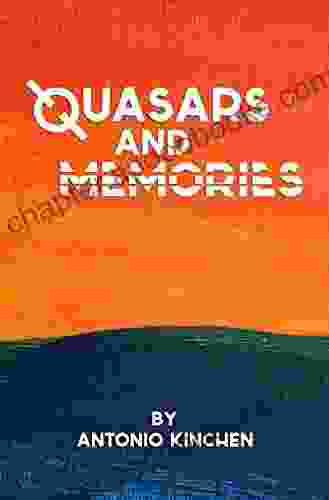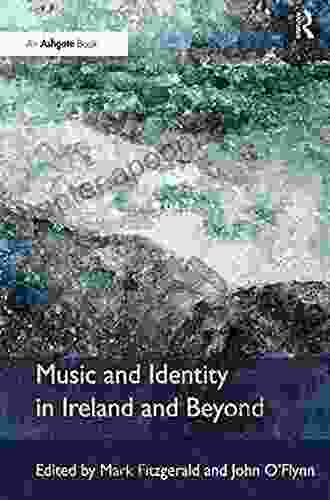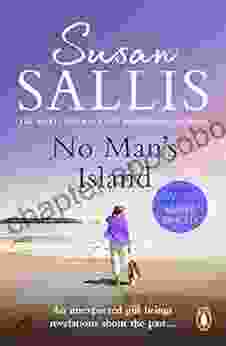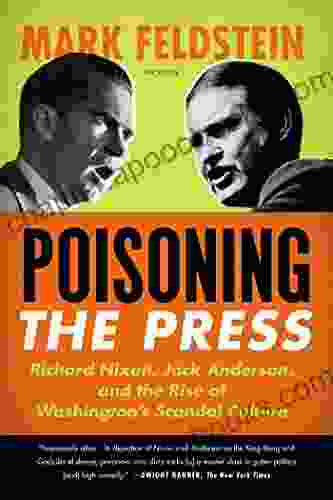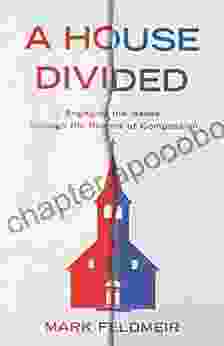In the intricate tapestry of literary history, Marcel Proust's Time Regained emerges as an exquisite masterpiece, an enduring testament to the profound depths of the human consciousness. It is the crowning jewel of Proust's monumental work, Remembrance of Things Past, and a timeless exploration of memory, art, and the elusive nature of time.
4.5 out of 5
| Language | : | English |
| File size | : | 1142 KB |
| Text-to-Speech | : | Enabled |
| Screen Reader | : | Supported |
| Enhanced typesetting | : | Enabled |
| Print length | : | 294 pages |
Exploring the Labyrinth of Memory
Time Regained is a labyrinthine masterpiece that delves into the intricate workings of human memory. Proust believed that memories are not merely static recollections but vibrant and malleable forces that shape our present and future. Through the narrator, Marcel, we embark on a profound journey into the past, excavating forgotten experiences and re-examining long-held beliefs.
As Marcel navigates the corridors of his own mind, we witness the transformative power of memory. It can be a source of both joy and pain, illuminating forgotten moments of happiness while also dredging up regrets and unfulfilled desires. Proust мастерски depicts the fluid and subjective nature of memory, reminding us that our past is never truly fixed but rather a constantly evolving tapestry of perception and interpretation.
Art as a Reflection of Life
In Time Regained, art plays a central role in the exploration of memory and the human condition. Proust believed that art has the unique ability to capture and express the elusive essence of life. Through the works of the fictional painter Elstir and the composer Vinteuil, Marcel grapples with the relationship between art and reality, the power of imagination, and the artist's quest for authenticity.
Proust's writing itself is a testament to the transformative power of art. His prose is rich and evocative, filled with poetic imagery and philosophical insights. Time Regained is not just a novel but a work of art in its own right, inviting readers to immerse themselves in the beauty and complexity of human experience.
The Elusive Nature of Time
As the title suggests, time is a central theme of Time Regained. Proust explores the paradoxical nature of time, its ability to both pass swiftly and stand still, to heal and wound, to create and destroy. Through Marcel's experiences, we come to understand that time is not a linear progression but rather a cyclical and subjective phenomenon.
The novel's title, Time Regained, carries a profound significance. It implies that the past is never truly lost, that it can be revisited and re-experienced through the power of memory and art. Yet, it also suggests that time is fleeting, that the present moment is always slipping away into the realm of the past.
A Journey of Transformation
Time Regained is not simply a story of remembrance but also a tale of transformation and renewal. As Marcel delves deeper into his past, he gains a profound understanding of himself, his relationships, and the world around him. Through love, loss, and the passage of time, he finds a path to acceptance, forgiveness, and a renewed appreciation for the beauty and fragility of life.
Ultimately, Time Regained is an invitation to embark on our journey of self-discovery. It is a profound and moving exploration of the human condition, a reminder that our memories, our experiences, and our own unique perspectives shape the tapestry of our lives.



